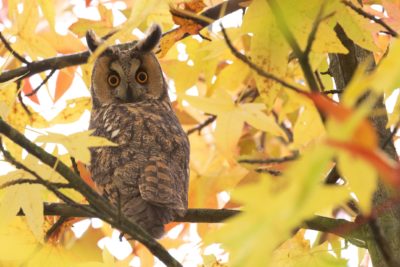Sleep in, die young
We all know that sleep is vital for our physical and mental health. But new research has taken that idea one step further by clearly establishing that night owls typically die younger than early risers.

Night owls versus early risers
In a study carried out over a six-year period, scientists from America and the UK tracked just over 400,000 people who were asked whether they preferred mornings or evenings. Those who classified themselves as evening types or night owls were 10% more likely to die young than those who described themselves as early risers.
The implications for our long-term health
And that’s just the start of the story. Lack of sleep could actually have a very serious effect on our long-term health. These late risers or night owls were also sadly more prone to other disorders such as mental illness and depression, neurological disorders, diabetes and other health problems. So what’s behind these findings? The researchers also felt that the difference was due to society being organised to suit early risers than late risers – with a detrimental impact on their body clocks. And for with this 10% of the population who are forcibly kicked out of their normal time patterns, there is a notable knock-on effect on their health.
Reversing the harmful impact of sleep loss
A Swedish study from the Karolinska Institute looked at more than 35,000 adults under the age of 65. It found that those that got less than five hours sleep per night for seven days per week had a 65% higher mortality than those who managed a normal night’s sleep. Conversely, for those who slept for five hours during the week and then eight hours or more during the weekend, there was no change in the mortality rate. While it’s possible that taking low doses of Melatonin may help address the problem, this study comes with some good news for those craving a lie-in: a weekend sleep could well reverse some of the negative effects of sleep loss.
